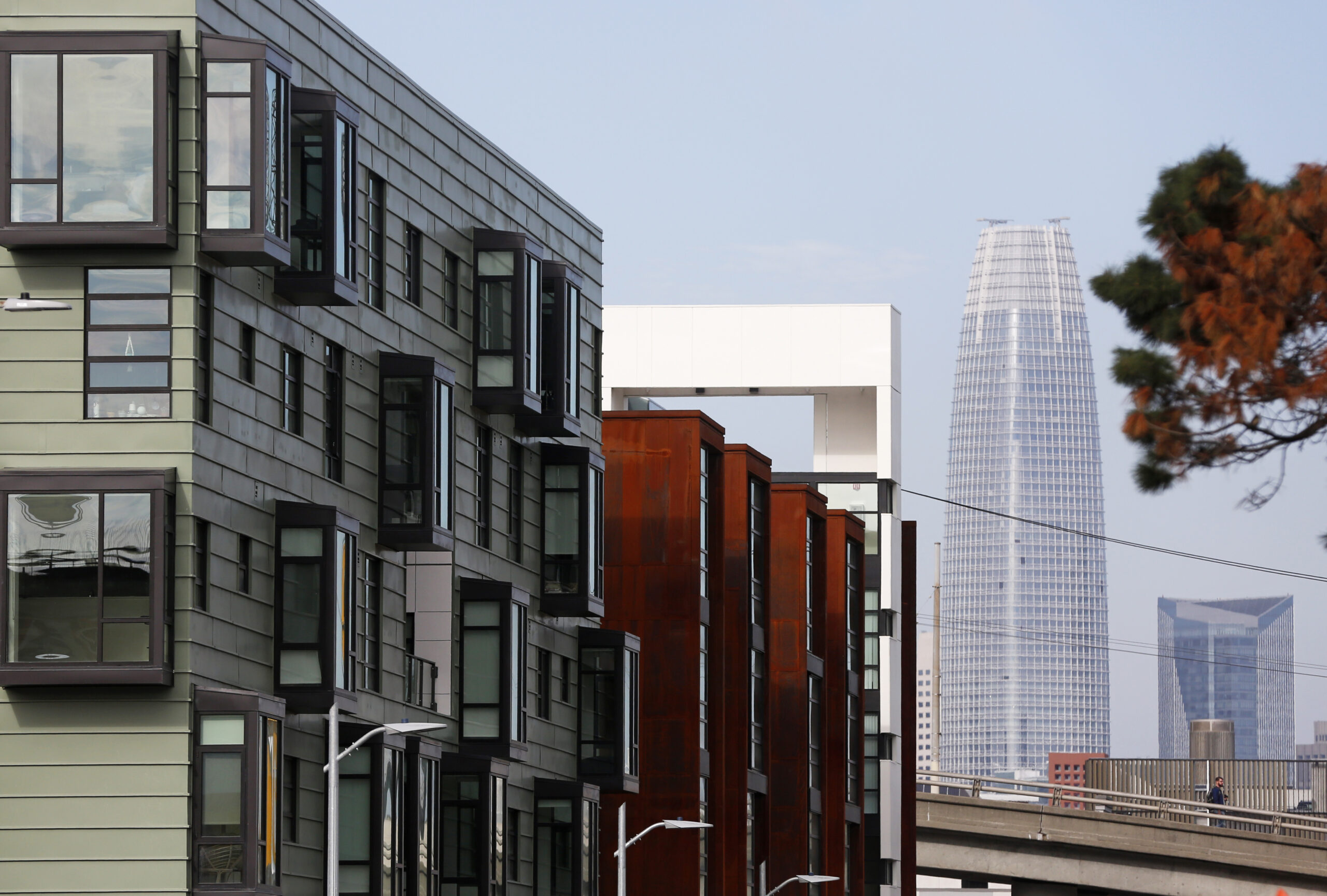A group of San Francisco property owners have filed suit against the city and Tax Collector Jose Cisneros challenging the legality of Prop. M, a voter-approved ballot measure that would levy a tax on vacant residential properties.
The complaint, which was brought in San Francisco Superior Court by a number of groups including the San Francisco Apartment Association and the San Francisco Association of Realtors, says that the vacancy tax measure should be disqualified as an “illegal special tax.”
The plaintiffs argue that the right to keep properties vacant is protected under the Fifth Amendment and that the city is not allowed to penalize owners under the Ellis Act for refusing to offer units for rent.
The property owners are seeking an injunction to stop the imposition of the tax and the refund of money collected via the tax. Courthouse News first reported the lawsuit.
Prop. M, which was approved by 54.5% of voters in November, applies to buildings with three or more units that have been vacant for longer than 182 days within a year. The tax has a few exceptions, including units in the process of repairs or those that had undergone major catastrophic damage.
The idea behind the proposal was to incentivize landlords to rent out these properties and hopefully create downward pressure on housing prices. Revenue from the tax was meant to be directed to rent subsidies for seniors and low-income households and development of affordable housing projects.
A report conducted by the Budget and Legislative Analyst’s Office estimated some 40,000 units sit empty in the city. But a report by the Controller’s Office estimated that there are only about 4,000 units potentially affected by the new tax. The office estimated that the tax would generate $9 million in its first year and $15.4 million by 2026.
The tax measure, championed by Supervisor Dean Preston, charges $2,500 and $5,000 per vacant unit in the first year and rises up to $20,000 by the third year for every unit that has been empty for longer than six months.
“It is disappointing but not surprising that real estate lobbying groups have filed suit to stop this commonsense policy reform,” Preston said in a statement. “But this is what they do: from rent control, to eviction bans, to a vacancy tax, these lobbyists have a great sense of entitlement when it comes to broadly-popular and essential reforms, and they regularly file frivolous lawsuits to invalidate the will of the people.”
Jen Kwart with the City Attorney’s Office said the department has not yet been served with the lawsuit.
“Once we are served with the lawsuit, we will review the complaint and respond appropriately,” Kwart said.
